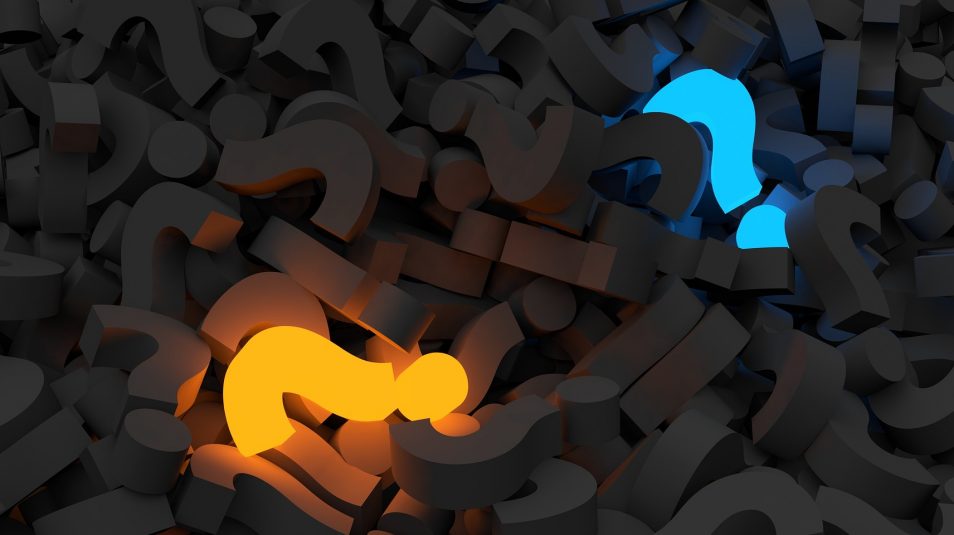Dive Into the Universal Model of Leadership - A Mastering Leadership Excerpt

Inspiration
February 4, 2016
Bob Anderson
Chairman and Chief Development Officer of The Leadership Circle
Topics
Leadership Development, Mastering LeadershipOur Universal Model of Leadership helps explain how extraordinary leadership develops and how to accelerate its development. Many well-intentioned improvement initiatives fall short of intended results because leaders fail to account for the transformation in consciousness required to create and sustain high performance.
Our Universal Model includes five stages of progressive leadership development: Egocentric, Reactive, Creative, Integral, and Unitive. Each stage is more mature, more effective and higher performing.
Our Leadership Circle Profile (LCP) is the only 360° assessment that measures both behavior and beliefs at various stages of development—and the only one built on an integrative, Universal, meta-model of leadership. Hence our research yields provocative and profound understandings about what makes for effective leadership and how it develops.
The Universal Model and LCP are drawn in a circle, and the LCP displays 360° feedback results in a circle. The circle, as depicted in the LCP, is a complete rendition of the Universal Model. When we transcend from one level to the next, we call this Vertical Development.
The LCP is built around the stage framework. It is designed to measure leadership behavior (and the internal assumptions that run those behaviors) at the Reactive and Creative stages.
Through our research, correlating the LCP with a measure of Stage of Development, we have reached a game-changing conclusion: Leadership Effectiveness is highly related to the Stage of Development of the leader. Furthermore, since business performance is strongly correlated to Leadership Effectiveness, we conclude that the performance of an organization depends highly on the level of consciousness of its leadership.
Consciousness is the Internal Operating System (IOS) of performance. With each evolution in consciousness comes greater capacity, capability, and mastery to meet complexity with greater effectiveness. Higher consciousness begets higher performance.
The premise at the heart of the Universal Model of Leadership is that consciousness can evolve into higher-order capacity to meet complexity. Development proceeds from lower to higher-order Structures of Mind through a series of well-mapped and researched stages. Each stage develops out of the previous stage and into the next. This sequential order is built into the way the human body/mind is designed. Each stage is inevitable—we must grow into it, and eventually beyond it.
At each stage transition, something is being lost and gained. With each developmental evolution, the old operating system (the way we know ourselves and our reality) is being deconstructed. It comes apart so that a more effective operating system can be reconstructed.
Development is a disintegration-reintegration process. It is metanoia and metamorphosis. There is loss and gain with each progression. At each developmental inflection point, we are challenged to let go of old ways of knowing before new ways of sense-making have booted up. At each transition, we are losing ourselves and gaining a new self.
This pattern occurs many times if vertical development proceeds. If development is thwarted, we experience ourselves as in over our heads. As emerging leaders, we face ever more adaptive challenges (challenges that can not be solved from within our current IOS) that encourage us to evolve to a level that adequately meets the increasingly complex challenges we face. If we do not evolve at the pace of escalating complexity, we become less relevant.
As one Stage of Development evolves into the next, many aspects of consciousness are evolving. We focus primarily on one aspect—Identity—which is what we use to construct our self-understanding and self-concept. We build different constructions of Identity at each stage of development.
Identity defines who we are, organizes much of our leadership behavior, and drives the strategies that we use to establish ourselves in the world. Identity is at the core of our inner game (IOS)—the part that harbors our sense of self; organizes how we understand ourselves; and determines how we establish our sense of self-worth, self-esteem, personal value, and security. Identity drives how we take up our role in situations and how we deploy ourselves moment to moment. Since our Identity mediates much of our thinking and behavior, it generates patterns of results consistent with how our Identity is structured. When Identity evolves, so do we, as do the results we attain.
In the Universal Model of Leadership, identity is at the core. As it evolves, identity restructures itself into more mature awareness and self-understanding. Each progressive evolution enables increased capability to handle increased complexity.
The Leadership Circle Profile 360 is designed to measure leadership behavior that derives from progressive stages of Identity. The LCP, built from the Universal Model, tracks the evolution of leadership capability as Identity transforms from one stage to the next. Our research suggests that those leaders who live and lead from the Reactive Stage have average Leadership Effectiveness scores at the 40th percentile compared with our world-wide norm base. By contrast those leaders functioning at the Creative and Integral level have Leadership Effectiveness scores at the 65th and 90th percentile respectively. Higher-order consciousness is more effective.
Leadership is the deployment of self into circumstances. Since Identity is the core of how we understand ourselves and the world, it manages how we deploy our leadership in every situation. Structure determines performance. The structure of our Identity determines how we show up as a leader—how we deploy ourselves into circumstances. Hence, as our Identity transforms, so does our leadership. All things change when we do.







Hi, Bob – excellent post and a great review of this powerful model.
Everytime I come in contact with your Universal Model of Leadership, I am reminded of the Tolkien saying: “One Ring To Rule Them All” … in a very positive frame.
If one takes the time to dive into your model and grasp the complexity and comprehensiveness that underlies your thinking, they have to be impressed. The leadership development field has an over-abundance of models, many of which are valuable in their own right.
The value here is that you have tied together things like behavior and values to create a much more inclusive model than many others.
Other folks have given their book grandiose titles, but “Mastering Leadership” (Robert J. Anderson and William A. Adams) is one of the few that is aptly named and deserving of the title.
Enjoyed revisiting this model immensely … thanks!
John
John,
Thank you for your wonderful comments about the model. Greatly appreciated. This post describes one of many models and frameworks that are integrated into the Universal Model. Your comments helps to point out that Universal Model is much more comprehensive that can be described in a short post. Thank you.